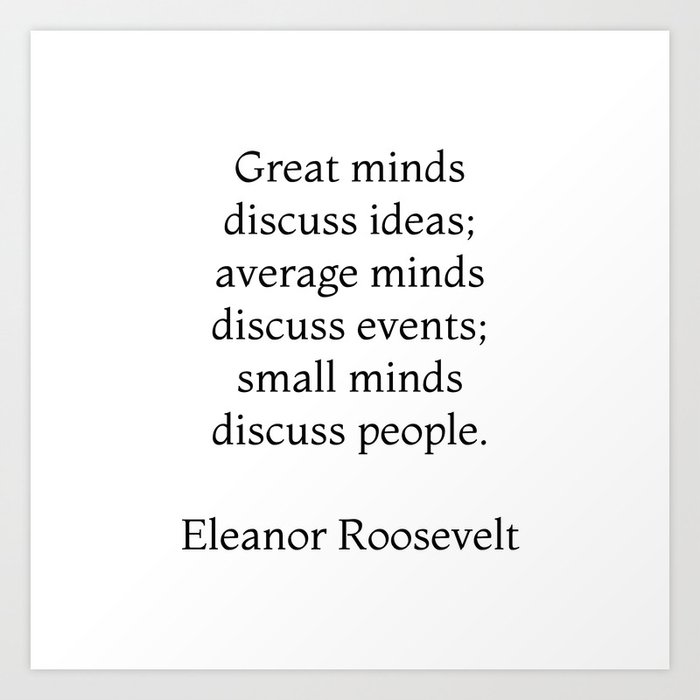
This is about The Letter
If you haven't read it, you should. Signed by several dozen opinion makers, writers, and commentators including people like David Frum, Gary Kasparov, J.K. Rowling and Norm Chomsky, the authors make the point that the current culture and public debate stifles the free and uninhibited exchange of ideas and is doing significant if not irreparable damage to our society.
The free exchange of information and ideas, the lifeblood of a liberal society, is daily becoming more constricted. While we have come to expect this on the radical right, censoriousness is also spreading more widely in our culture: an intolerance of opposing views, a vogue for public shaming and ostracism, and the tendency to dissolve complex policy issues in a blinding moral certainty. We uphold the value of robust and even caustic counter-speech from all quarters. But it is now all too common to hear calls for swift and severe retribution in response to perceived transgressions of speech and thought. More troubling still, institutional leaders, in a spirit of panicked damage control, are delivering hasty and disproportionate punishments instead of considered reforms. Editors are fired for running controversial pieces; books are withdrawn for alleged inauthenticity; journalists are barred from writing on certain topics; professors are investigated for quoting works of literature in class; a researcher is fired for circulating a peer-reviewed academic study; and the heads of organizations are ousted for what are sometimes just clumsy mistakes. Whatever the arguments around each particular incident, the result has been to steadily narrow the boundaries of what can be said without the threat of reprisal.
The critical response to this letter from many quarters has been swift. CNN published a typical response in a piece called The Problem with the Letter. Not surprisingly, the CNN piece is not at all about the letter. Instead, and significantly, CNN's complaint is all about who wrote the letter. This brings me back to the Elenor Roosevelt quote. Our country was founded on ideas, ideas coming from great minds. Like the frog in the pot of boiling water, the public discourse in America has gone from ideas to people. From great minded important issues to small minded petty issues. We just celebrated America's birthday. Nowhere was the discussion about the ideas of the first modern government controlled by the consent of the governed. Instead we now focus on who proposed those ideas and left them to us to use. The magnificent ideas contained in the words of government of the people, by the people, and for the people, give way to discussions about, well, people.
After the civil war, Grant, Lincoln, Johnson, and many others spoke about the needs of reunification and provided pardons and amnesty to Confederates in return for loyalty to the United States. That was good then. Now it is bad as we throw those efforts at reconciliation on the trash heap as we once again speak of traitors and treason. So much for coming together. So much for the ideas we were founded on and won a war to preserve.
As is said in The Letter, "The way to defeat bad ideas is by exposure, argument, and persuasion, not by trying to silence or wish them away." I'd add that the way to defeat bad ideas is not to talk about who stated an idea. Great minds discuss ideas. Small minds discuss people.

